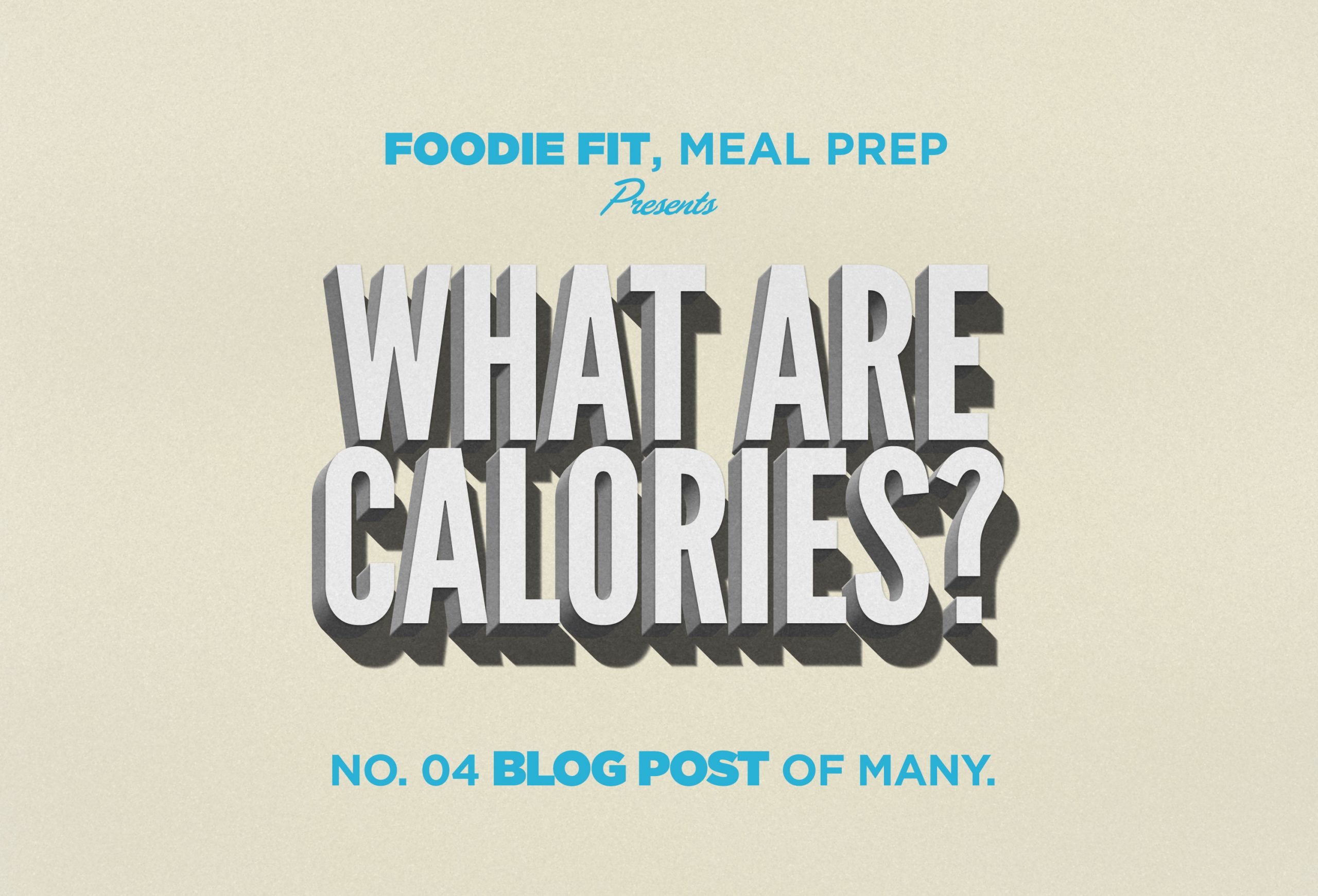Carbs are not your enemy – Discover the benefits of carbs!
It’s time to debunk the myth that carbs are your enemy! Not all carbs are created equal, and knowing which ones to avoid and which ones to embrace is key to maintaining a healthy diet. In this blog post, we’ll be taking a look at the difference between good carbs and bad carbs and how to tell the two apart. With the right information, you can make sure that you’re getting the most out of your carbohydrates without compromising your health.
Complex Carbs vs. Simple Carbs
Carbohydrates are one of the most important macronutrients in our diets, yet they often get a bad reputation. Carbs are not your enemy! It is important to understand the difference between complex and simple carbs and how they can help to fuel your body. Complex carbohydrates are made up of several sugars linked together in a chain. They take longer to break down and digest, giving you a steady supply of energy over a period of time. Complex carbs are found in whole grains, legumes, vegetables, fruits, nuts, and seeds. Complex carbs provide dietary fiber, essential vitamins, minerals, and phytochemicals that have protective health benefits. Eating healthy carbs like these can help maintain blood sugar levels, lower cholesterol, and support healthy gut bacteria. Simple carbohydrates, on the other hand, are smaller molecules of sugar and are quickly broken down into glucose for energy. Simple carbs are found in processed foods, candy, and soda. While simple carbs can offer a quick burst of energy, they can cause spikes and dips in blood sugar levels. Eating too many simple carbs can also lead to weight gain and increase the risk of type 2 diabetes. By understanding the difference between complex and simple carbohydrates, you can make informed decisions about what types of carbs to include in your diet. Eating complex carbs with meals and snacks can help you feel fuller for longer and give you sustained energy throughout the day.
The Difference Between Natural and Processed Carbs
When it comes to choosing the healthiest carbs for your diet, it’s important to understand the difference between natural and processed carbs. Natural carbs are whole-food sources of carbohydrates, such as fruits, vegetables, legumes, and grains that have not been processed or refined. These healthy carbs provide essential vitamins, minerals, fiber, and antioxidants that can help reduce inflammation, boost the immune system, and lower the risk of chronic diseases. On the other hand, processed carbs are usually stripped of most of their nutrients and added with sugar, salt, and/or preservatives. These types of carbs are quickly absorbed into the bloodstream and can lead to spikes in blood sugar levels. Examples of processed carbs include white bread, pastries, sugary cereals, cookies, and chips. It’s best to avoid these types of carbs if you want to stay healthy. The bottom line is that when it comes to healthy carbs, natural sources should always be prioritized over processed versions. Eating a variety of nutrient-dense whole foods is the key to nourishing your body and promoting optimal health.



